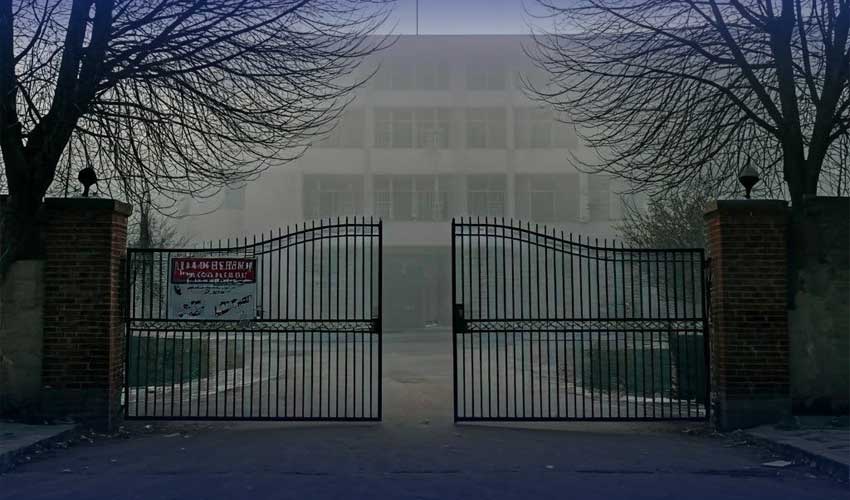Macon will usher in 2025 in an explosive fashion, as the Macon-Bibb County Commission has approved a dramatic plan to implode the long-vacant 16-story hotel located on the northern edge of downtown.
The demolition will take place at midnight on New Year’s Eve, turning the event into a one-of-a-kind celebration for the city.
The hotel, which has stood empty since its closure in 2017, was purchased by Macon-Bibb County last year for $4.5 million through a federal bankruptcy proceeding. This week, the commission authorized a $2.6 million contract with a demolition firm to carry out the implosion.
Mayor Lester Miller confirmed the city’s bold plan, stating, “We acquired this property to blow it up,” in an interview with WMAZ-TV. The hotel, which opened in 1970 and hosted notable guests such as Elvis Presley, has been plagued by financial instability throughout its history. It was most recently known as the Ramada Plaza before closing.
The building’s troubled past includes a 1991 seizure by the New York Banking Department due to its connection to a fraud and money-laundering scheme involving the Bank of Credit and Commerce International, linked to various international scandals. Despite its architectural significance—designed by renowned architect Morris Lapidus—the hotel is considered structurally unsound and beyond renovation.
While the city has not yet decided how to use the land following the implosion, Mayor Miller suggests that the site could play a key role in the ongoing redevelopment of Macon’s riverfront area. He emphasized that the demolition is only the first step in revitalizing the area, promising that what replaces the hotel will be far more beneficial to the community.
However, the demolition plan has raised concerns among nearby residents, particularly the congregation of Christ Episcopal Church, located just a few blocks from the site. Russ Henry, a member of the church vestry, expressed concerns about the potential risk to the church’s historic sanctuary, which is set to celebrate its 200th anniversary next year. The church, known for its delicate stained-glass windows, has asked the city to take extra precautions to prevent damage during the demolition.
“We just want to make sure that our church doesn’t get blown up on our bicentennial,” Henry said, while also noting that the church would welcome new development in the area.
Mayor Miller assured the public that discussions would take place with nearby property owners in the coming weeks to ensure the safety and protection of surrounding buildings. As Macon prepares for a spectacular and historic New Year’s Eve celebration, the city is balancing the excitement of a dramatic transformation with careful planning for the future.


























